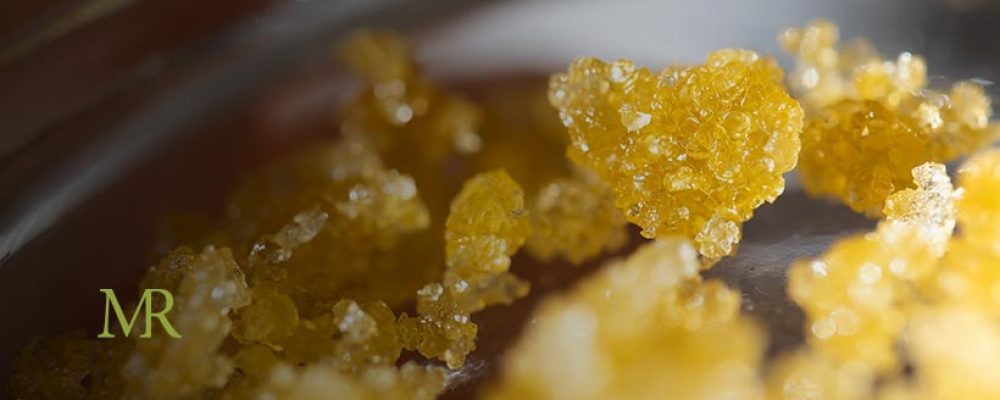Marijuana retailers have many fixed costs to consider, not helped by an unfavorable tax regime due to federal cannabis prohibition that means it isn’t possible to deduct ordinary business expenses that companies in other industries benefit from.
When every dollar counts, it’s crucial to cut costs wherever possible. That’s why dispensary owners need to minimize cannabis concentrate spoilage by investing in cold storage.
Marijuana concentrates degrade much quicker than flowers or edibles when exposed to heat and light. When this happens, they quickly lose potency, flavor, and they start to turn brown or black.
Marijuana retailers need to take the shelf life printed on the label of cannabis concentrates seriously and ensure appropriate storage methods until that point, or risk a wasted product and unhappy customers demanding a refund.
While investing in freezers and refrigerators for cannabis concentrates is a significant upfront expense, it is likely to pay dividends in the long-run, even for small stores. The alternative for many retailers is often dropping the price by as much as 50 percent just to make sure it gets out the door before it’s too late.
Cold cannabis concentrate storage also isn’t as straightforward as sticking all of them together in the freezer and waiting till it’s time to put them on display for sale.
Concentrates should be stored according to their production method. Concentrates made by solventless extraction, such as rosins and bubble hash, should be kept at -10 degrees C in a freezer. Indeed, many solventless concentrate suppliers require their products to be stored in this way.
Concentrates made by ethanol extraction, meanwhile, should be stored in a refrigerator or, failing that, an air-conditioned room.
Butane extraction concentrates, meanwhile, such as crumble, live resin, shatter, and badder, should likewise be kept in a space that’s no warmer than 68 degrees, but freezing is also recommended if possible.
As a general rule, concentrates that weren’t made from “living” cannabis plant material are more stable, so should be better able to withstand warmer temperatures. Nonetheless, marijuana retailers need to keep them at cool temperatures if they want to ensure a quality product, and minimize the risk of spoilage.


